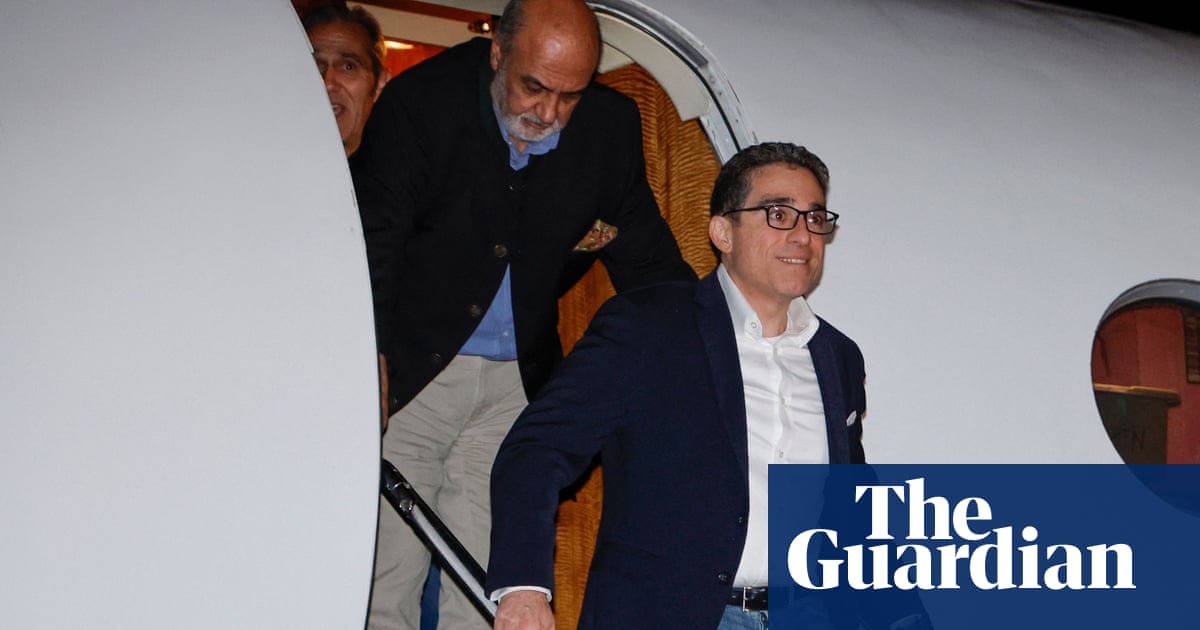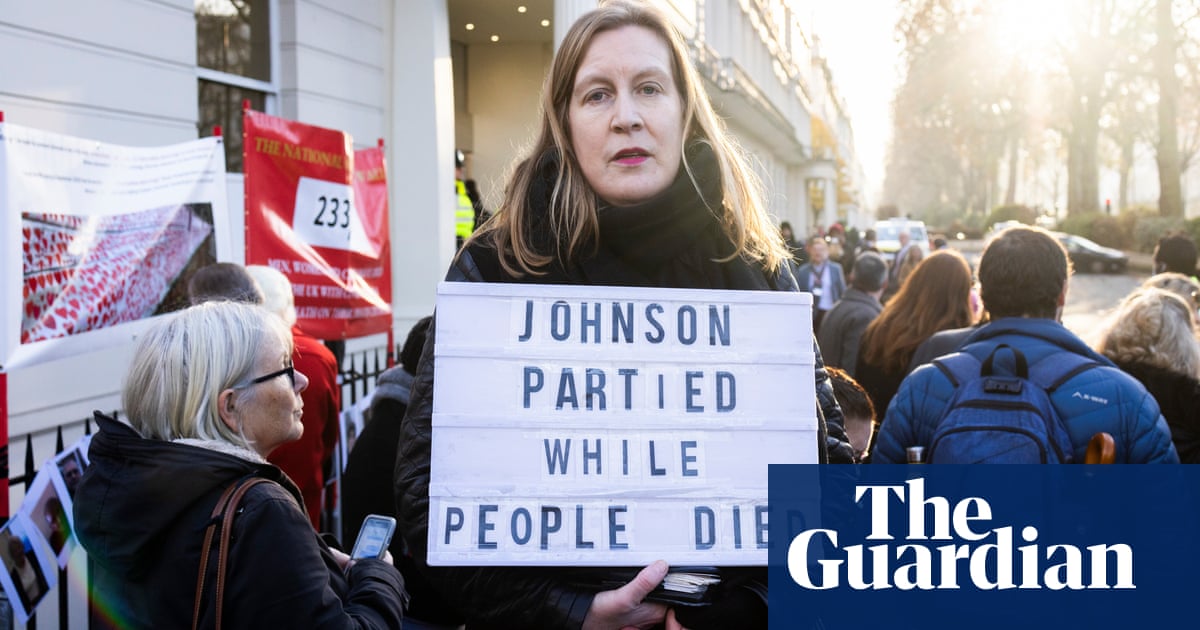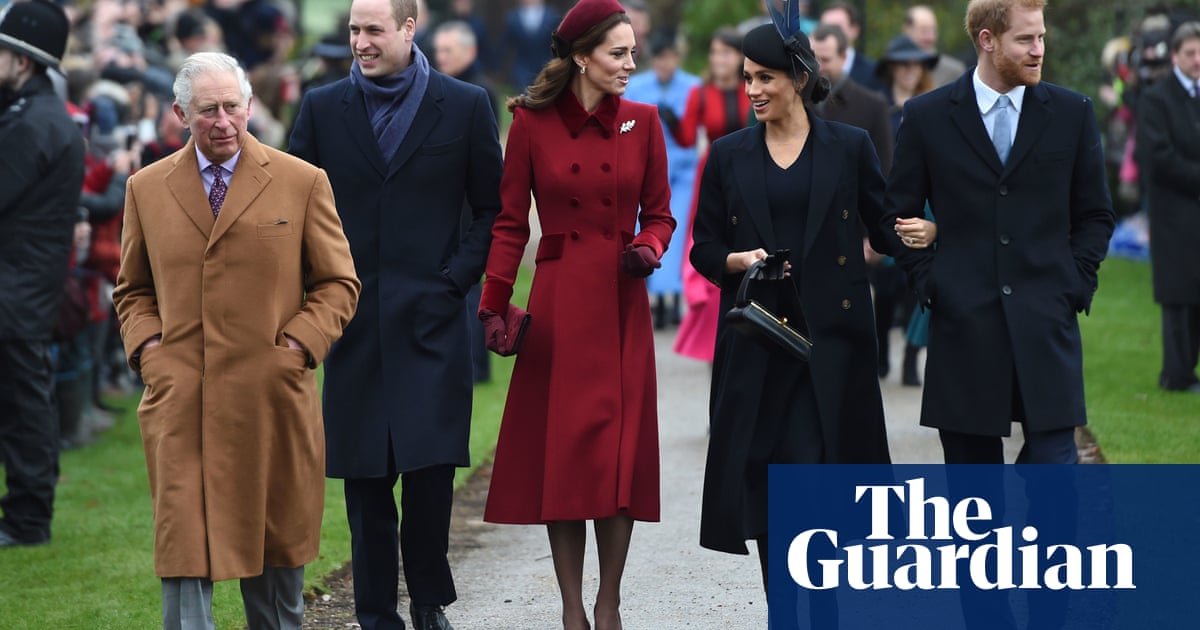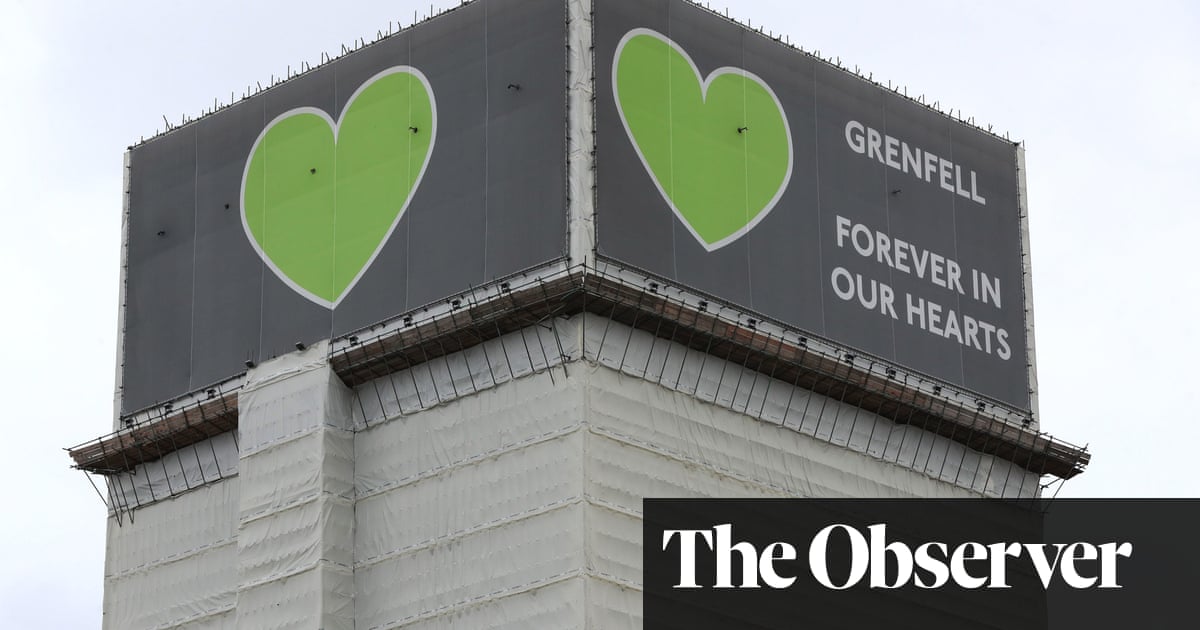
The Grenfell Tower fire inquiry must include a separate investigation into how “race and class” contributed to the tragedy, according to a group supporting more than a third of the deceased.
The organisation, which represents 28 of the 72 individuals who died in the fire, submitted a statement on 21 July to the inquiry chairman, judge Sir Martin Moore-Bick, to request that an extra module be added to the inquiry to examine if the cost-cutting measures that helped spread the fire would have been sanctioned “if the tower block was in an affluent part of the city for an affluent white population”. Currently there are eight modules, each covering a separate theme, in phase 2 of the inquiry which is examining why the fire happened.
The statement, from the Grenfell Next of Kin group, accuses the Royal Borough of Kensington and Chelsea (RBKC), which was responsible for the tower, of “contemptuous disregard” in the decision-making that led to the tragedy.
“Systemic racism goes deep to the heart of the problem that caused the catastrophe. Questions around race and social class is at the heart of this truth-seeking and we would be grateful if you can revisit it and add it as an extra module,” said the document.
The submission follows a call in 2018 by Imran Khan QC, representing bereaved Grenfell families, for the inquiry not to overlook the role of race which they described as the “elephant in the room”.
And when the inquiry reopened in July this year after a four-month suspension due to coronavirus, Leslie Thomas QC, who represents 23 clients, used his opening statement to stress that the 2017 fire was “inextricably linked with race”.
Of the residents who died in the fire, 85% were from ethnic minorities. Official housing surveys have found that 40% of high-rise residents in the social rented sector are from BAME communities which make up 14% of the population.
Meanwhile, unease continues to grow over the role of the RBKC in administering the £50m budget to assist the long-term recovery of the community. The five-year plan was designed to help survivors, bereaved and the wider community rebuild, but critics claim vast amounts have been spent with little oversight or impact.
In an email sent on 21 July to Grenfell campaigners Barry Quirk, the chief executive of RBKC, explained the council needed to be heavily involved because it was supplying the funding and because there was a “legal requirement on us to monitor performance and ensure value for money”.
However the email, seen by the Observer, also reveals the council might be open to the possibility of government intervention or giving a greater role to Nick Hurd, the Tory MP appointed as an independent adviser to Boris Johnson on Grenfell.
“We would be happy for you to approach the government or the independent advisor to the prime minister to ask them to help identify a way forward. We will be entirely open to that possibility,” says Quirk.
The campaigners claim public funds have been spent on management costs with no benefit for the community, claims vigorously denied by the council. However Robyn Fairman, RBKC’s executive director for its Grenfell response, recently admitted there was a lack of transparency over how the money had helped people despite £6m having been given to the wider community. At a committee meeting last month she said: “In some ways you may not have seen where the money’s gone. That’s our problem.”
Members of the Next of Kin group consider the council’s role in the recovery plan as an affront, as police say they have “reasonable grounds” to suspect that corporate manslaughter offences may have been committed by senior council executives.
Hisam Choucair said he felt traumatised that RBKC was still involved in his life as he struggled to come to terms with the deaths of his mother, sister, three nieces and brother-in-law in the tragedy. “Why is recovery of the victims in the hands of a corporate suspect under investigation? It doesn’t make sense,” he said.
“What’s really destroying me is that as far as we are concerned they’re at the heart of our tragedy but now deciding our fate. The government is allowing that to go on. It’s shameful,” added Choucair.
RBKC said: “We work tirelessly to listen to the views of the bereaved, survivors and wider community so we are able to design and deliver services that are fitting for as many people as possible. Grenfell recovery rightly remains a priority for the council. We continue to listen and bereaved and survivors’ voices are central to every decision made in how the service evolves.”
Council leader Elizabeth Campbell added: “We hope all the organisations and companies giving evidence help the inquiry get to the full unvarnished truth. We are committed to doing our very best to ensure lessons are learned.”
Timeline
15 June 2017 Theresa May orders a public inquiry the day after the fire
14 September 2017 The inquiry is officially opened by retired judge, Sir Martin Moore-Bick
21 May 2018 Hearings begin with a 72-second silence for the victims
30 October 2019 Full report of first half of inquiry is published. It concludes cladding did not meet regulations and was the primary cause of the fire’s rapid spread
27 January 2020 The second phase begins. Emails reveal that several companies involved in the tower’s refurbishment knew the cladding was a fire risk
3 February 2020 Sessions delayed as corporate witnesses seek immunity from prosecution
17 March 2020 Coronavirus suspends inquiry












